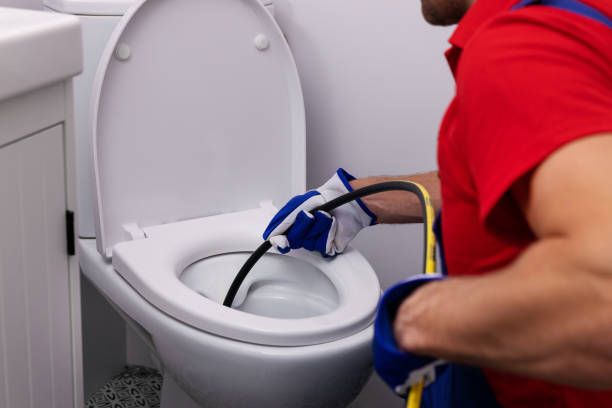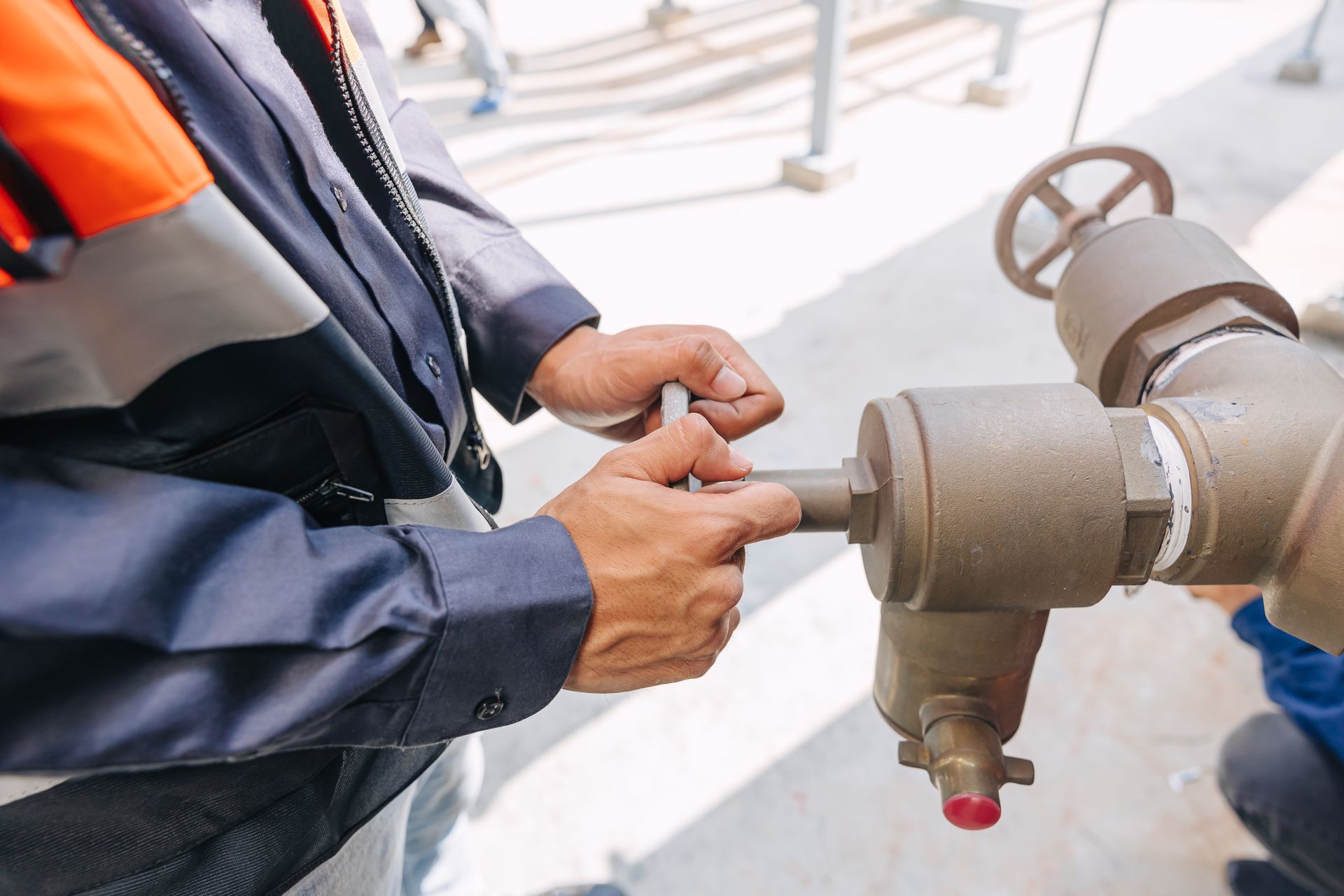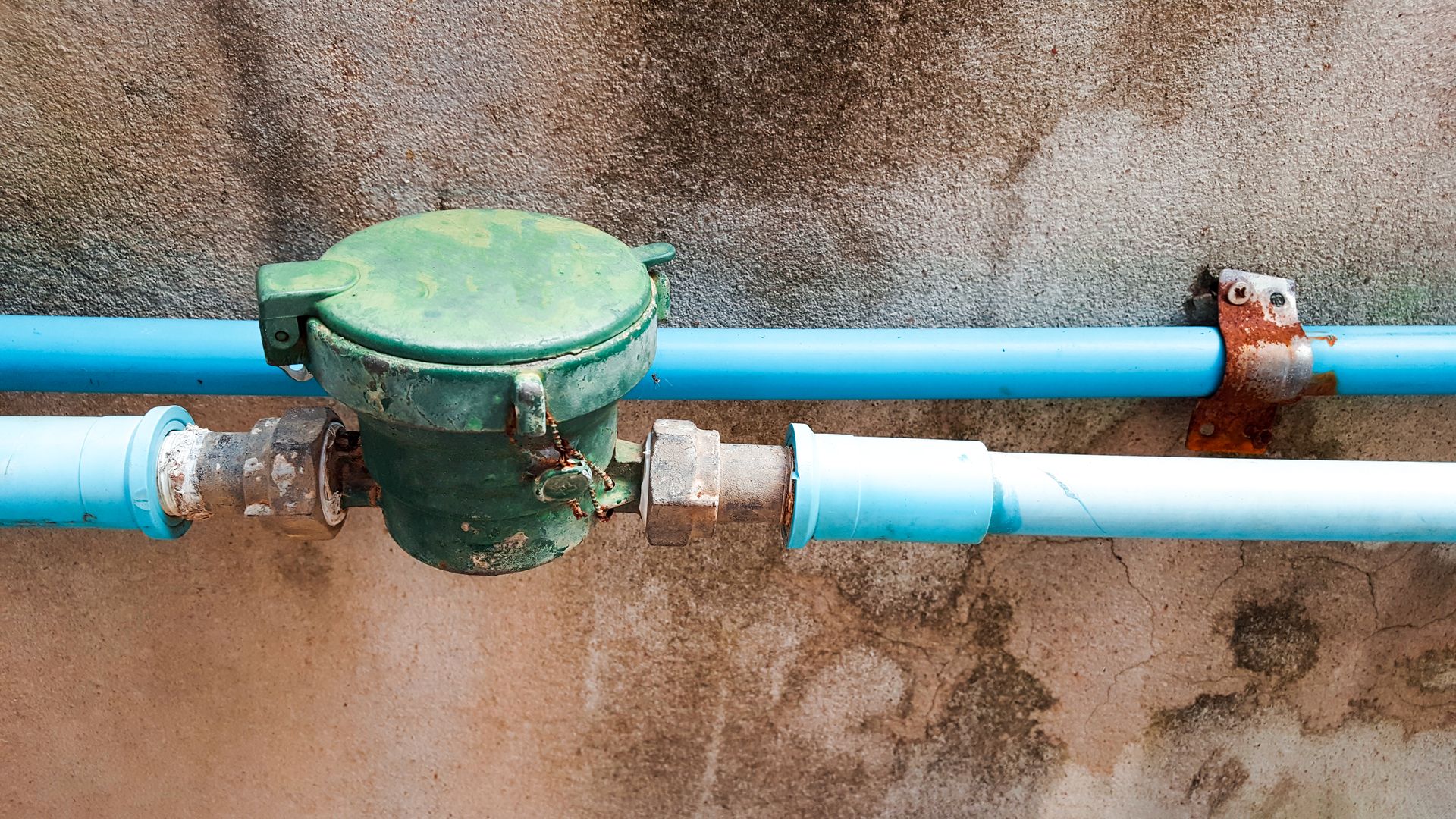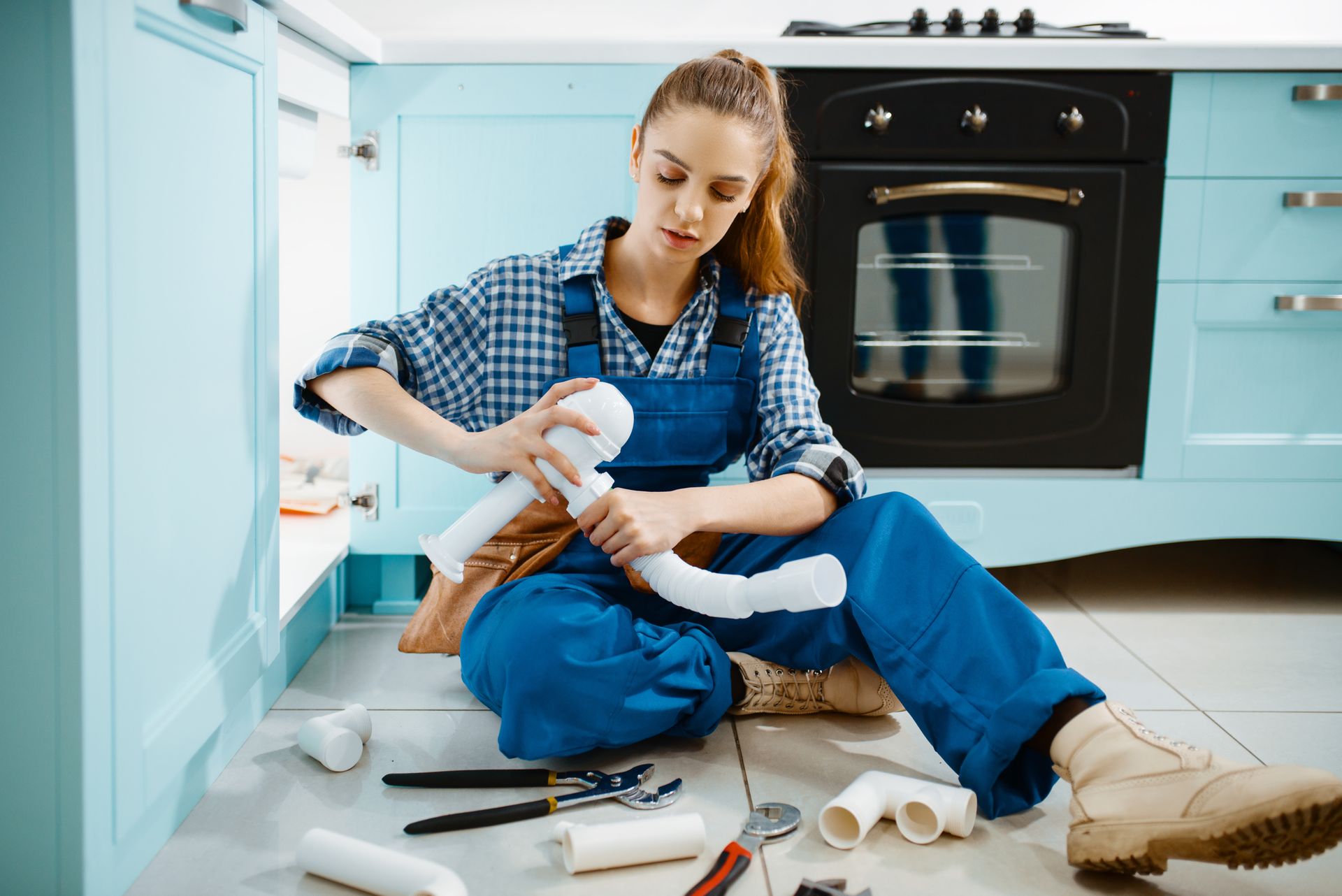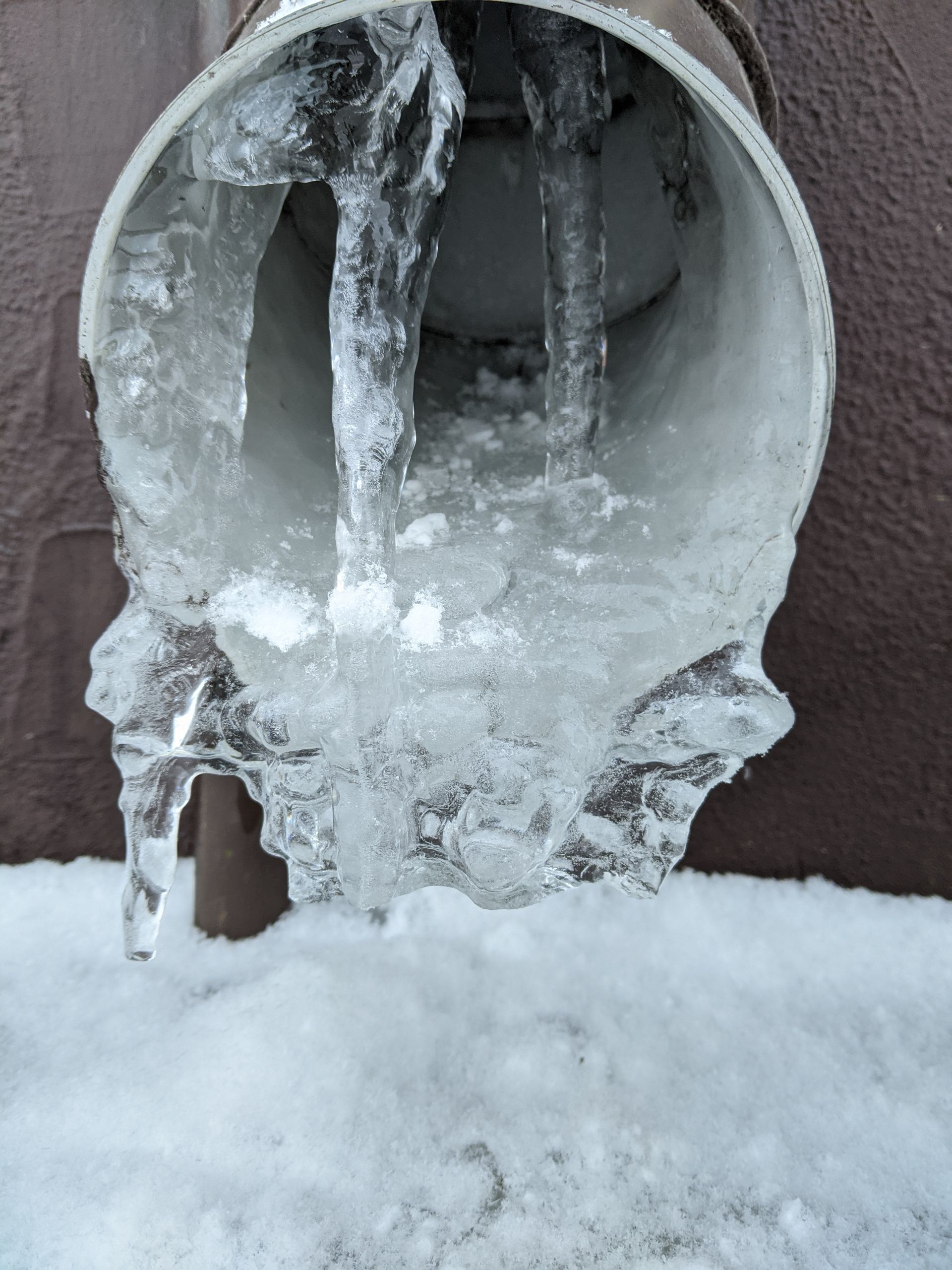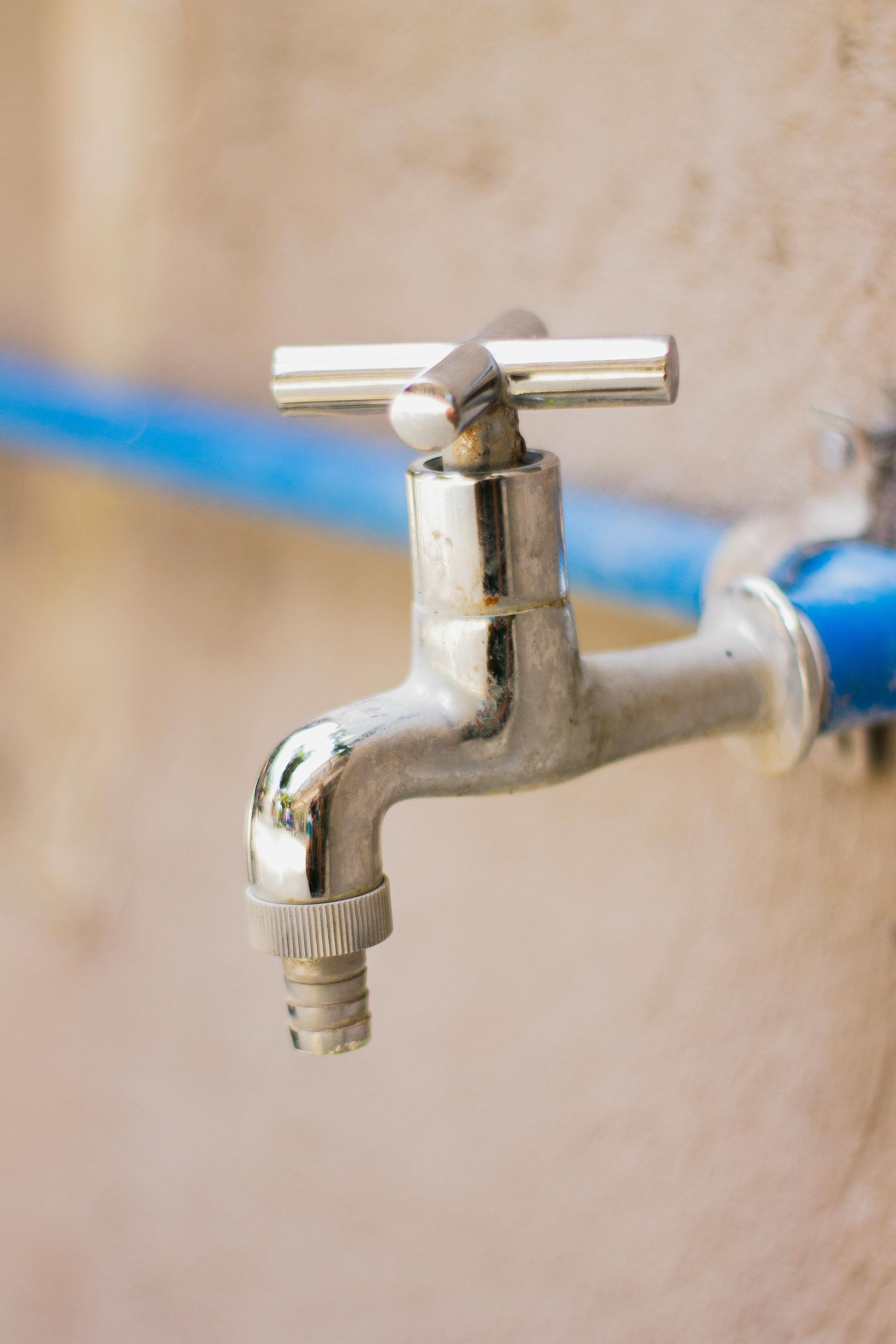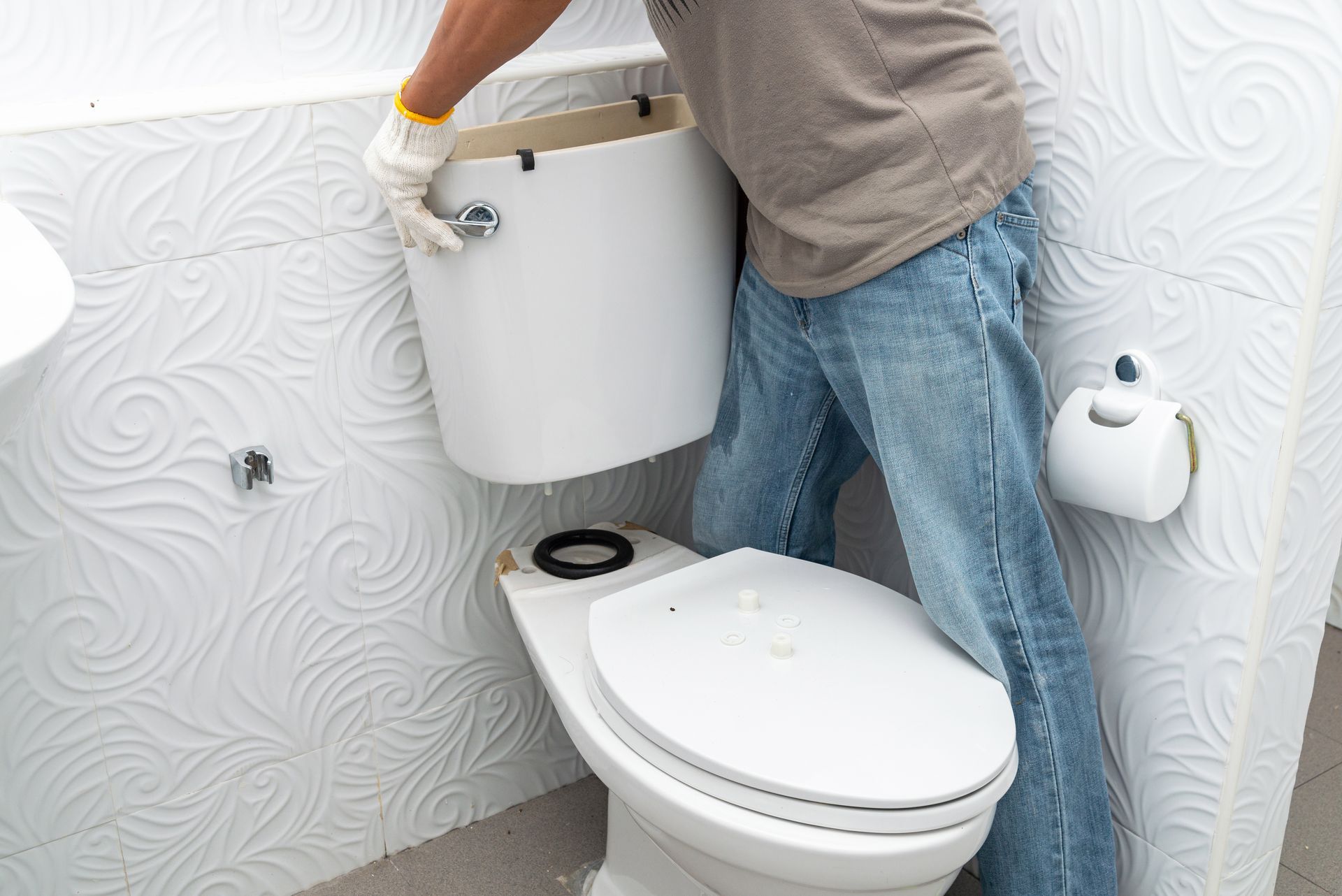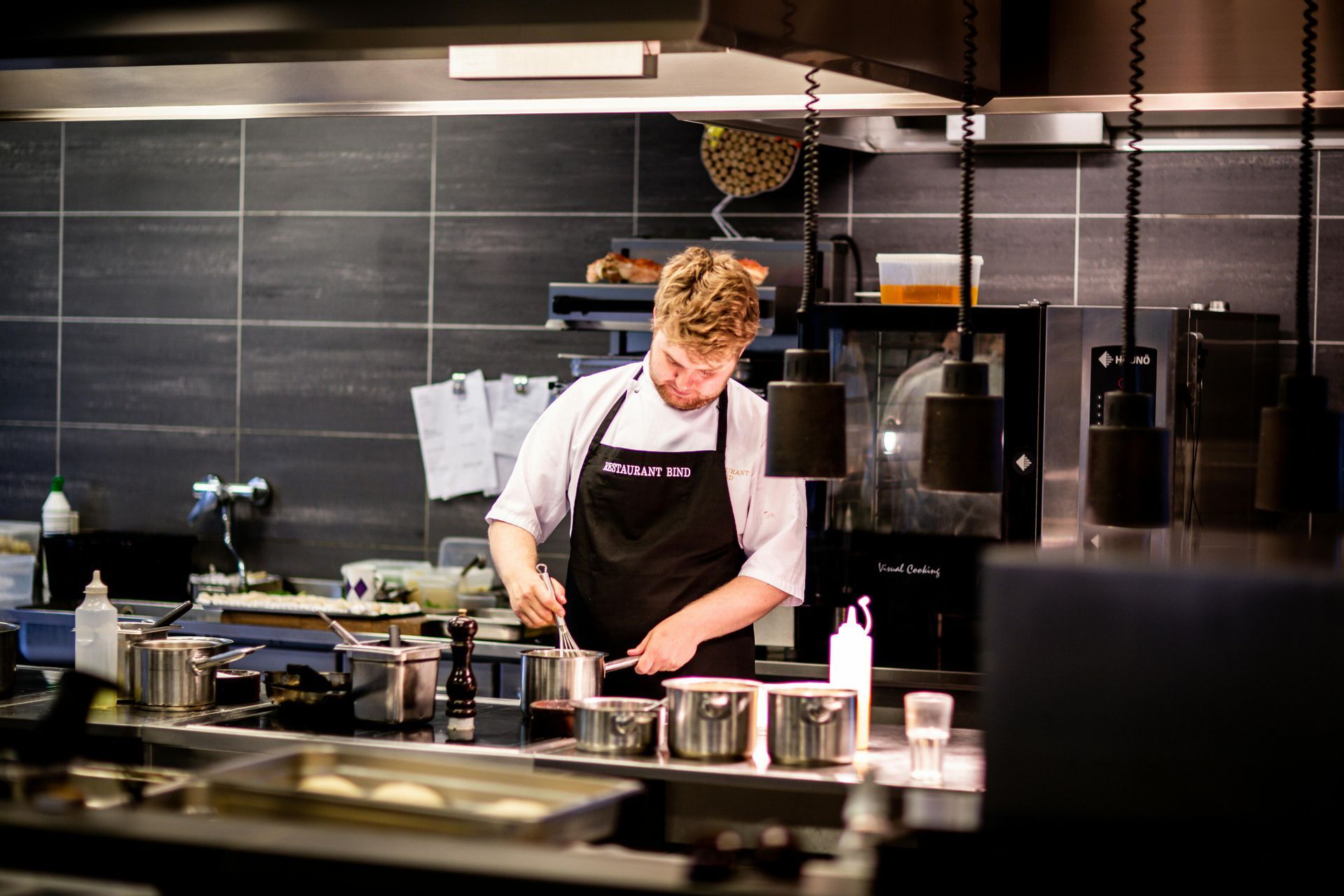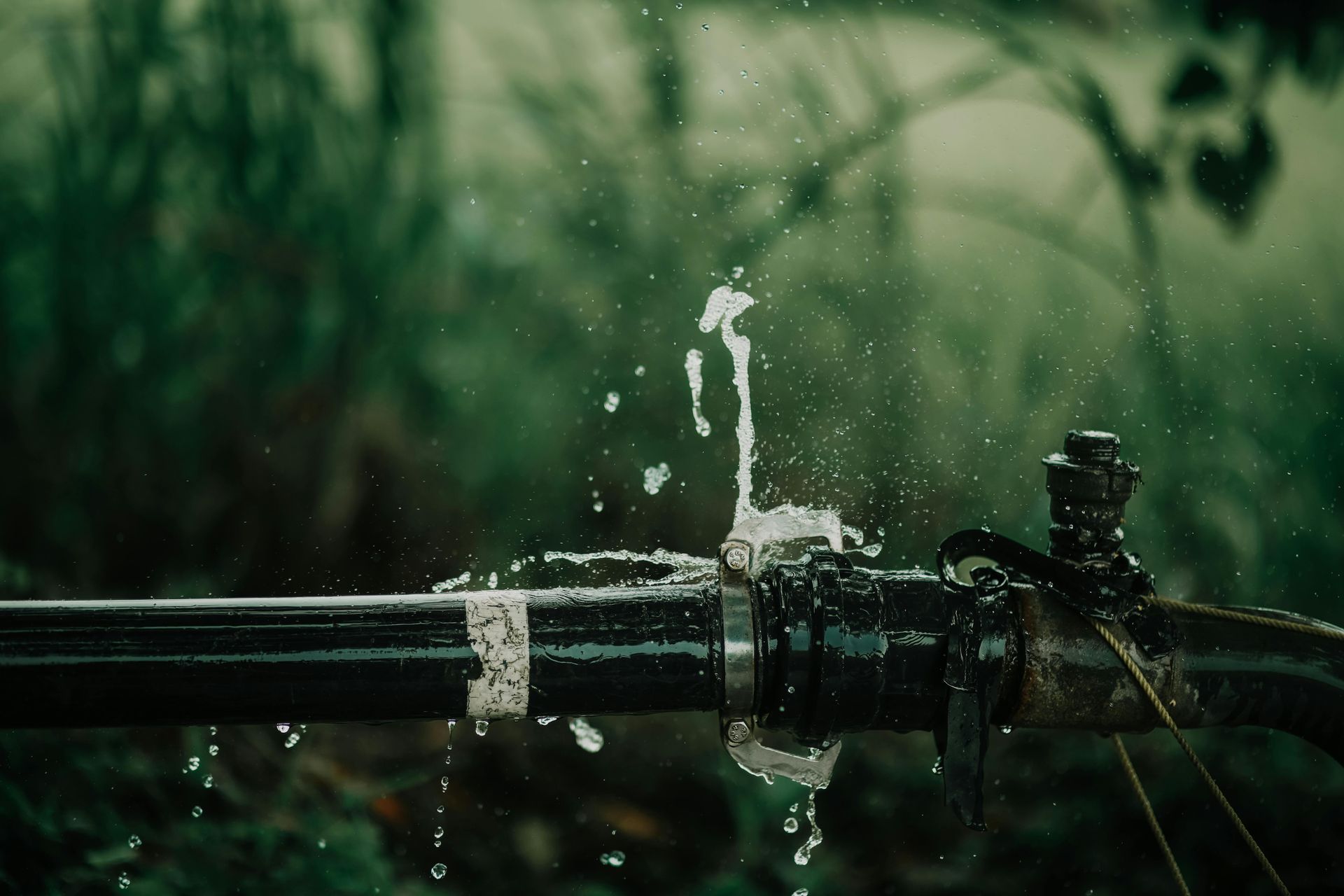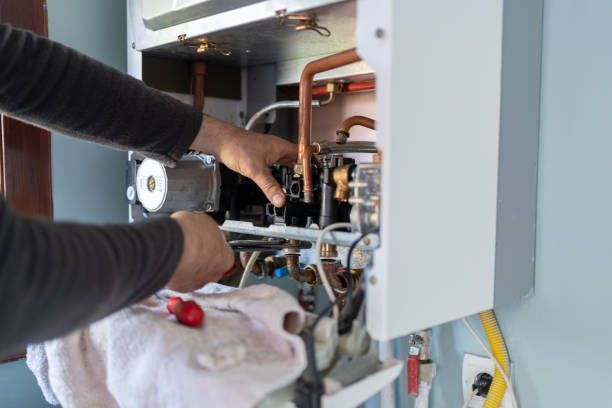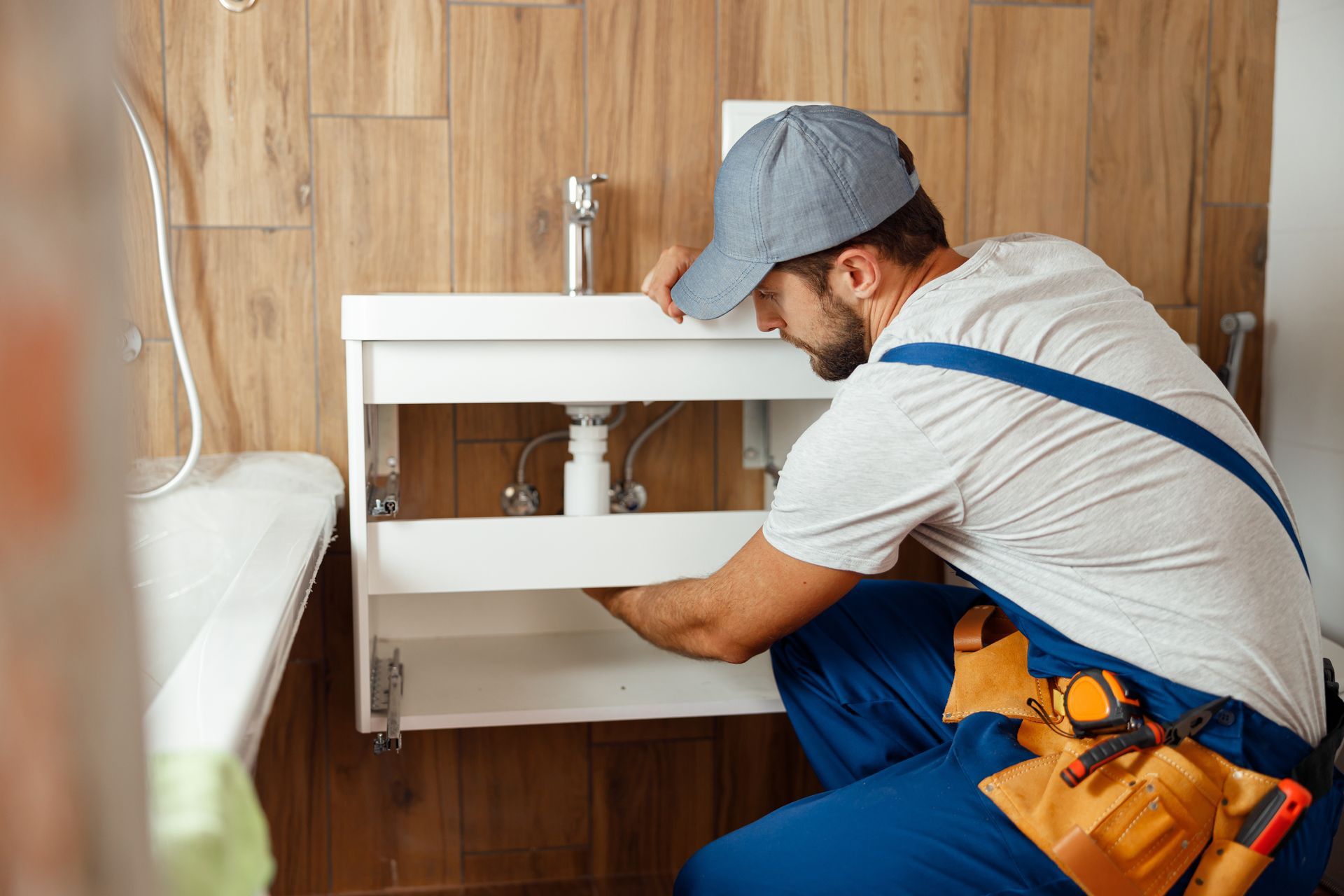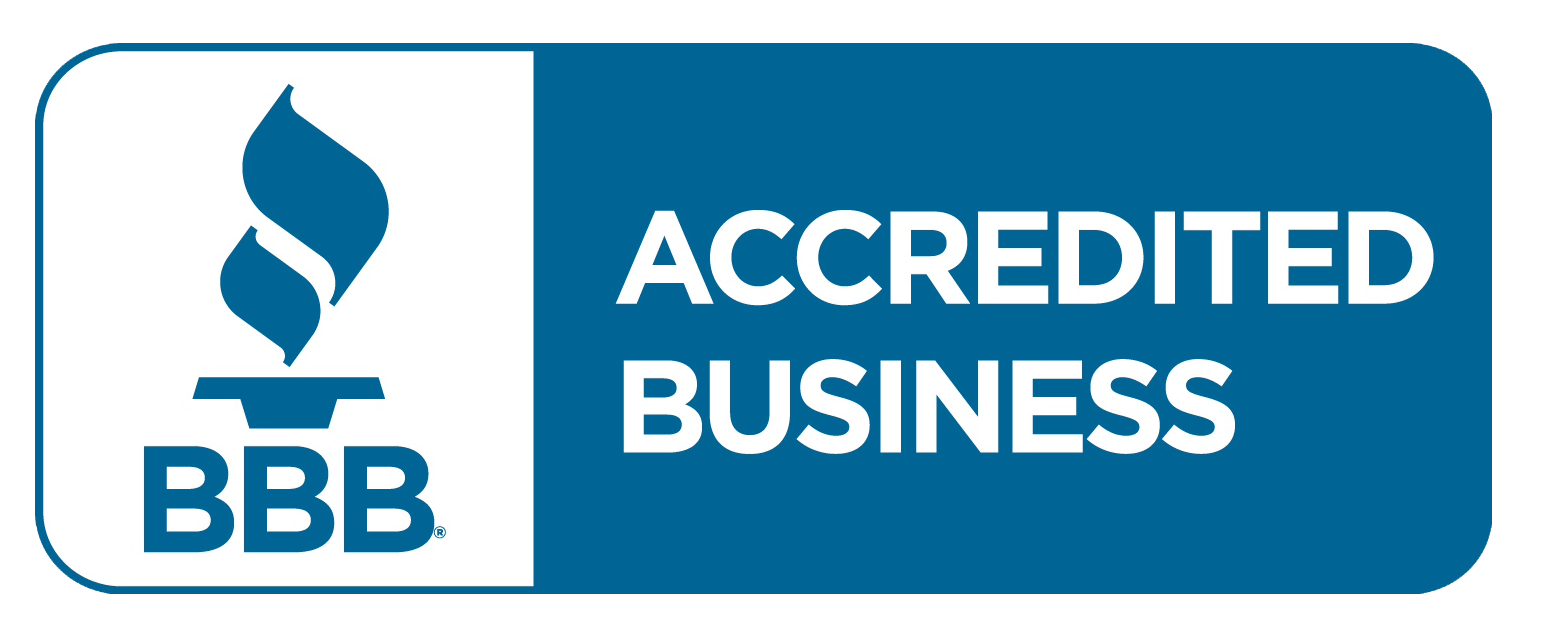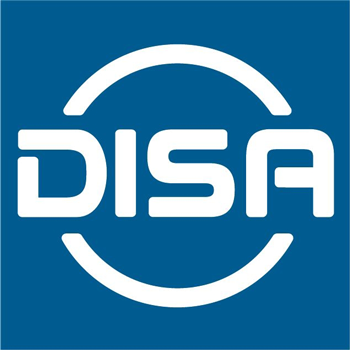Don't Let Clogged Drains and Sewer Backups Ruin Your Restaurant: Tips from a Professional Plumber
Running a successful restaurant takes a lot of hard work and attention to detail. From creating delicious dishes to ensuring top-notch service, there are many things to consider. However, one aspect that is often overlooked is the restaurant's plumbing. When clogged drains and sewer backups occur, it can quickly turn into a disaster for any restaurant. Not only is it inconvenient and unsanitary, but it can also result in lost business and a damaged reputation. As a professional plumber, I have seen my fair share of restaurant plumbing mishaps. That's why I want to share some important tips on how to avoid clogged drains and sewer backups in your restaurant.
Nature's Symphony
Understanding the Importance of Restaurant Plumbing
Many restaurant owners may not realize just how crucial their plumbing system is to the success of their business. Here's why:
1. Proper sanitation
A restaurant's plumbing system is responsible for disposing of waste and ensuring proper sanitation. If there are clogs or backups, it can quickly become a health hazard for both employees and customers.
2. Preventing downtime
A clogged drain or sewer backup can lead to shutdowns of important equipment, such as dishwashers or sinks. This can result in long wait times for customers and a decrease in productivity for staff.
3. Maintaining a good reputation
As mentioned earlier, restaurant plumbing issues can quickly lead to negative reviews and a damaged reputation. With social media and online review sites, word can spread quickly, and it can be challenging to bounce back from a plumbing disaster.
Common Causes of Clogged Drains and Sewer Backups in Restaurants
To prevent clogged drains and sewer backups, it's essential to understand the common culprits behind these issues. Some of the most common causes in restaurants include:
1. Grease and food debris
One of the main reasons for clogged drains in restaurants is the improper disposal of grease and food scraps. Over time, these can build up and create blockages in the pipes.
2. Non-flushable items
Many restaurants have restrooms for their customers, and unfortunately, some people may flush non-flushable items such as napkins, paper towels, or feminine hygiene products. These items do not break down easily and can result in major clogs in the sewer line.
3. Tree roots
For restaurants located in older buildings or areas with mature trees, tree roots can be a major problem. These roots are attracted to moisture and can invade and damage your sewer lines, leading to backups.
Tips to Avoid Clogged Drains and Sewer Backups
Now that we know the common causes of clogged drains and sewer backups in restaurants, let's dive into some tips on how to prevent these issues:
1. Educate staff
The first step in preventing plumbing problems is to educate your staff. Make sure everyone understands the importance of proper disposal and the potential consequences of not following proper protocols.
2. Install grease traps
Grease traps are essential for restaurants as they capture oils and grease before they enter the sewer system. Make sure to clean and maintain these traps regularly to prevent clogging.
3. Keep an eye on what goes down the drain
Make sure to have clear signage in restrooms and kitchen areas reminding customers and staff to only flush toilet paper and dispose of food scraps in designated areas.
4. Regular maintenance
Plumbing systems, especially in busy restaurants, require regular maintenance to keep everything running smoothly. Have a regular schedule for drain cleaning, and consider investing in a plumbing maintenance plan to catch any potential problems early on.
Signs of a Clogged Drain or Sewer Backup
Despite your best efforts, clogs and backups can still happen. It's essential to know the signs so you can take action before it leads to a major issue. Some of the most common warning signs include:
1. Slow drains
This is usually the first sign of a clogged drain. If you notice water taking longer to drain in sinks, showers, or toilets, it's time to investigate further.
2. Foul odors
If there is a constant unpleasant smell around your restaurant, it could be a sign of a clogged sewer line. The buildup of food waste and grease can emit a foul odor that can be detected even before any other symptoms occur.
3. Backups in multiple areas
If you experience clogs and backups in multiple drains and toilets in your restaurant, it's likely a sign of a more severe issue, such as a clog in the main sewer line.
When to Call a Professional Plumber
While some minor clogs can be resolved with DIY methods or store-bought drain cleaners, it's essential to know when to call in a professional plumber. Some red flags to look out for include:
1. Multiple clogs and backups
As mentioned earlier, if you're experiencing clogs and backups in multiple areas, it's best to call a professional plumber. This can be a sign of a more significant issue that requires specialized equipment and expertise.
2. Strange noises or gurgling sounds
If you hear unusual noises coming from your plumbing system, such as gurgling sounds or bubbling in the toilet, it could be a sign of a clog or a more serious problem.
3. Sewage smell
A persistent sewage smell in your restaurant is not only unpleasant but could also be a sign of a significant issue in your sewer line.
Keep Your Restaurant Running Smoothly: Contact Us for Professional Plumbing Services in Madison, IN!
Don't let clogged drains and sewer backups disrupt your restaurant business any longer. Contact our team at
Triple J Plumbing, LLC for
professional commercial plumbing services. Our experienced plumbers can help prevent and resolve any plumbing issues you may encounter, allowing you to focus on running your restaurant. Call us at
812-748-6760 for a free consultation and to learn more about our services, including
residential plumbing,
plumbing repair,
backflow certification & repair,
water heater repair & replacement, and
water treatment.
Frequently Asked Questions (FAQs)
How often should we have our restaurant's plumbing system maintained?
It's recommended to have your restaurant's plumbing system professionally inspected and cleaned at least once a year to prevent any major issues.
Are store-bought drain cleaners safe to use in a restaurant?
No, store-bought drain cleaners can contain harsh chemicals that can be harmful to your plumbing system, especially in high volumes. It's best to avoid them and opt for professional drain cleaning services instead.
We have a large grease trap, is it okay to wait longer in between cleanings?
No, it's essential to schedule regular cleanings for your grease trap to prevent grease buildup and clogs. Waiting too long can result in costly repairs and backups.
Can tree roots cause issues with our restaurant's plumbing?
Yes, tree roots can invade and damage your restaurant's sewer line, resulting in backups and clogs. Regular maintenance and inspections can help catch any root invasion early on.
Are there any benefits to having a maintenance plan for our restaurant's plumbing system?
Yes, having a maintenance plan for your restaurant's plumbing system can save you time and money in the long run. Regular inspections and maintenance can catch any potential issues before they turn into major problems, ultimately saving you from costly repairs and downtime.
